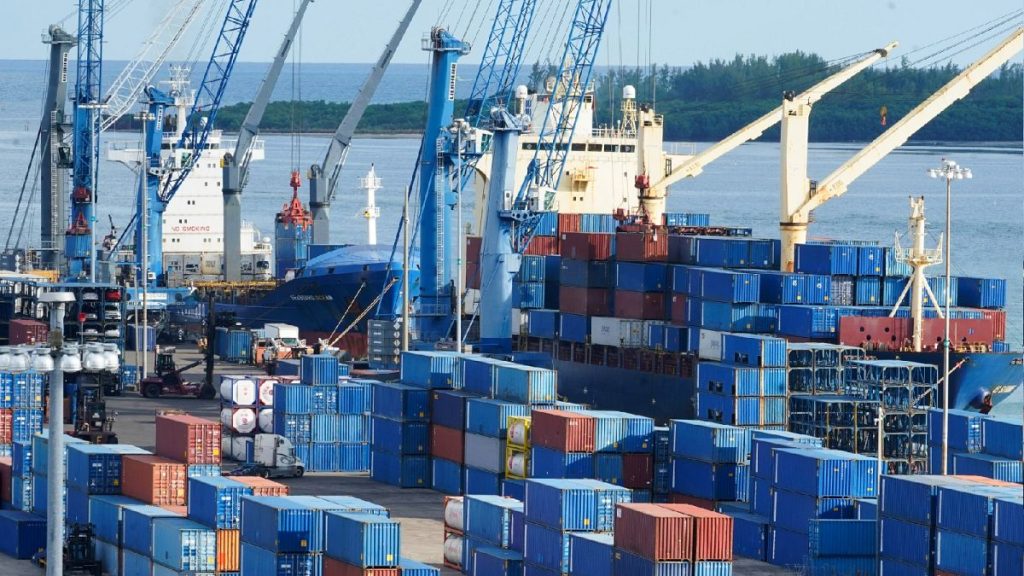After weeks of uncertainty, new EU rules on sustainable supply chains appear poised to become law, following a vote by EU member states in favor of a landmark new law requiring companies to check supply chains for environmentally and ethically questionable practices. The corporate sustainability due diligence directive, or CSDDD, was tentatively agreed upon by MEPs and government officials in December but faced uncertainty after last-minute hesitation from Germany and Italy. However, with Italy now approving a stripped-down version of the legislation, it seems likely to pass into law. Environmental and social activists view these rules as a critical step toward preventing corporations from profiting off of human suffering, and the European Commission believes it will streamline compliance by avoiding differing national rules within the single market.
Belgium, as the chair of the EU Council representing member states, has been working to address concerns over excessive red tape. By tripling the threshold for which companies must comply with the rules to those with over €450 million in worldwide turnover, they hope to alleviate some of the burdens on smaller businesses. The latest draft of the legislation also eliminated civil liability provisions that would have allowed trade unions to sue noncompliant companies, a measure that had faced opposition from countries like Finland. The rules will still need to be voted on by MEPs, with April offering the last opportunity to do so before the June elections. The Council’s approval of the legislation was hailed as a victory by parliament negotiator Lara Wolters, who emphasized the importance of holding companies accountable for their impacts on people and the environment in creating a fairer economy.
Not everyone is convinced of the benefits of the new rules, with concerns raised by Angelika Niebler of the European People’s Party about potential indirect impacts on smaller businesses. Niebler argues that even the diluted plans could still have unintended consequences for smaller enterprises, potentially leading them to pull out of developing regions altogether. This perspective highlights the need for careful consideration of the broader impacts of such legislation on different types of businesses. As the rules move closer to becoming law, it will be essential to monitor their effects and make adjustments as needed to ensure that they achieve their intended goals while minimizing unintended negative consequences.
The passage of these new rules represents a significant milestone in the ongoing effort to promote sustainability and ethical practices within supply chains. By requiring companies to conduct due diligence on their environmental and labor practices, the legislation aims to prevent human rights abuses and environmental degradation associated with supply chain activities. The rules are designed to harmonize standards across the EU, making it easier for companies to comply and reducing the risk of inconsistencies between national regulations. While there are still concerns about the potential impacts on small businesses and the need for ongoing monitoring and adjustment, the overall aim of the legislation is to create a more responsible and sustainable economy for the future.
For environmental and social activists, the new rules offer hope that corporations will be held accountable for their actions and that human rights and environmental protections will be strengthened. Organizations such as Oxfam and Amnesty International have been strong advocates for these regulations, seeing them as a way to prevent exploitation and harm caused by unchecked corporate practices. By requiring companies to actively investigate and address any potential issues in their supply chains, the legislation seeks to raise the bar for corporate responsibility and create a more ethical business environment. The support of MEPs and government officials, in addition to the approval of member states, indicates a growing consensus around the need for stronger regulations to ensure sustainability and fairness in the global economy.
As the rules move through the final stages of approval and implementation, it will be crucial for all stakeholders to engage with the process and provide feedback on their effectiveness. Monitoring and evaluation will be essential to identify any unintended consequences and make adjustments as needed to ensure that the rules achieve their stated objectives. By creating a framework for companies to conduct due diligence on their supply chains, the legislation aims to drive positive change and promote sustainable business practices. With the EU taking a leading role in this effort, there is potential for these rules to serve as a model for other regions and countries looking to strengthen their own regulations on supply chain sustainability.


